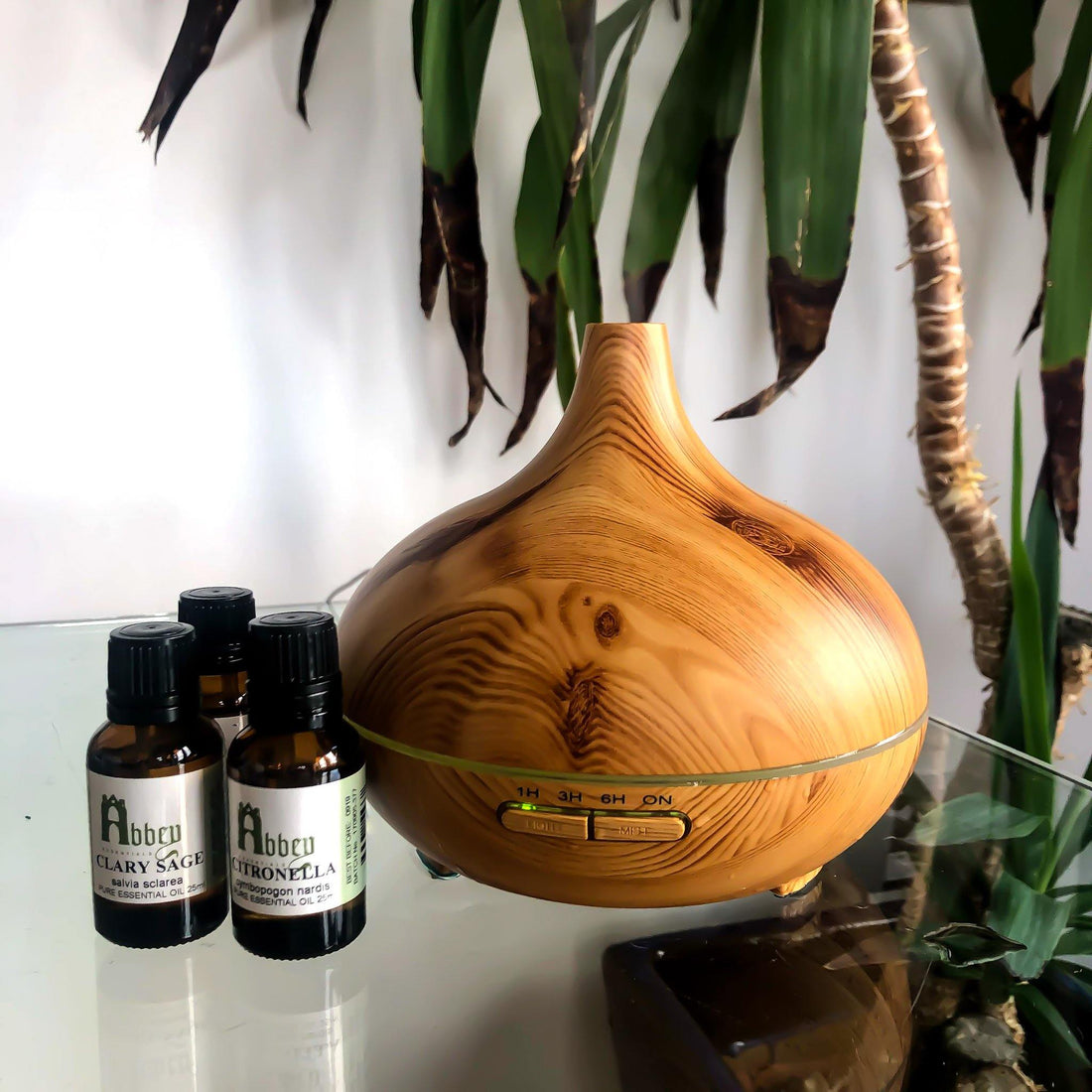
Mythbusting essential oils: here are the facts
Share this post
While essential oils have remained a staple in alternative medicine for centuries, the way they’re being used is changing. So much so, that the new Netflix series (un)well explored both sides of the essential oils debate, showing how essential oil users could get it right, and also quite wrong.
With all of this new information, comes serious questions. Namely, what evidence is there to support these ideas being safe? And have these recipes been properly tested before being recommended to essential oils users?
In this month’s blog, we’re putting our decades of knowledge to the test, and uncovering some of the mysteries surrounding essential oil use, so you can feel safe and confident using your essential oils.
What is therapeutic grade?
It’s a hoax. Anyone can brand their oils as therapeutic grade, the phrase is simply a marketing tactic which brands use to convince potential customers their oils are legitimate. The best way to guarantee you’re purchasing high-quality essential oils is to check the Material Safety Data Sheets (MSDS). If a retailer can’t provide you with one of these, it’s probably a bad sign.
Another thing to look out for is awards and accolades. Some retailers use fake badges to make false claims about their products. For example, if you’re looking for certified vegan and cruelty-free products, look out for the official leaping bunny logo (you can see it on our site!)
Also - trust your nose! Some essential oils don’t smell the same as you’d expect them to - take cinnamon, which isn’t as fiery as it may taste. But if you’re familiar with a specific oil and it still smells a bit strange, go with your gut!
Can I eat them?
Regardless of how pure your essential oils are, how meticulously they’re filtered, or the extraction method used to obtain them, you should never ingest them. As highly concentrated extracts, essential oils are extremely potent and can cause serious damage to your body. The link above contains some shocking images, but it’s a reminder of how powerful these oils can be.
The good news is, anecdotal evidence has shown using small amounts of essential oils can help you sleep, keep the bacteria at bay, and act as an anti-inflammatory. By using a small amount of oil, you can receive those aromatherapeutic benefits, and it won’t break the bank either. If we compare it to diet, a little bit of salt is good for you, but too much can make you seriously unwell. Less is more, which leads us to the next myth.
Should I use a higher dose?
If a little bit of lavender oil helps you sleep for a few hours, surely a whole bottle will help you sleep the night? If only these claims were true. It turns out you can have too much of a good thing, and essential oils are no exception.
A few drops of essential oil in a diffuser will soon have your room smelling fragrant, and this is really all you need. When you use a higher essential oil dose to increase the positive effects, you could also be increasing the negatives.
But here’s a really cool thing about essential oils - the effects can be multiplied by combining them with a carrier oil, which helps by penetrating the skin and carrying that goodness below the surface. And you can never use too much carrier oil, so the risks are far lower. Think of it less like diluting, and more like infusing.
Can I use my oils without dilution?
You might have spotted some essential oil influencers using their essential oils undiluted. They might argue that the purity of the oils means they can apply it topically, without dilution (as we discussed in the previous section). But this is false. While chamomile oil, for example, is known for its soothing, relaxing properties, this does not mean it’s gentle enough to use undiluted on the skin.
Essential oils can cause serious chemical burns when they aren’t used properly. And if you’re trying to treat a minor skin condition, you could end up making it much worse by using too high a dose. Thankfully, it’s super easy to reduce the strength, while maintaining the positive benefits with a carrier oil.
Will they cure X Y Z?
Based on so many wonderful customer stories, we know many of our customers use essential oils to aid in the treatment of minor skin conditions, joint and muscular pain, and even hair growth.
But essential oils are not a miracle cure. Often, they can be used in conjunction with traditional treatments to aid in recovery, but they are not a one-size-fits-all solution. Make sure you consult a doctor and a qualified aromatherapist before adding them to a treatment plan!
Do you still have questions about essential oils? Send us an email, or find us on Facebook and Instagram, where we can help you find a solution!
Click here for Mythbusting essential oils: Part 2. Want our blog updates delivered straight to your inbox? Subscribe to our email newsletter here.
